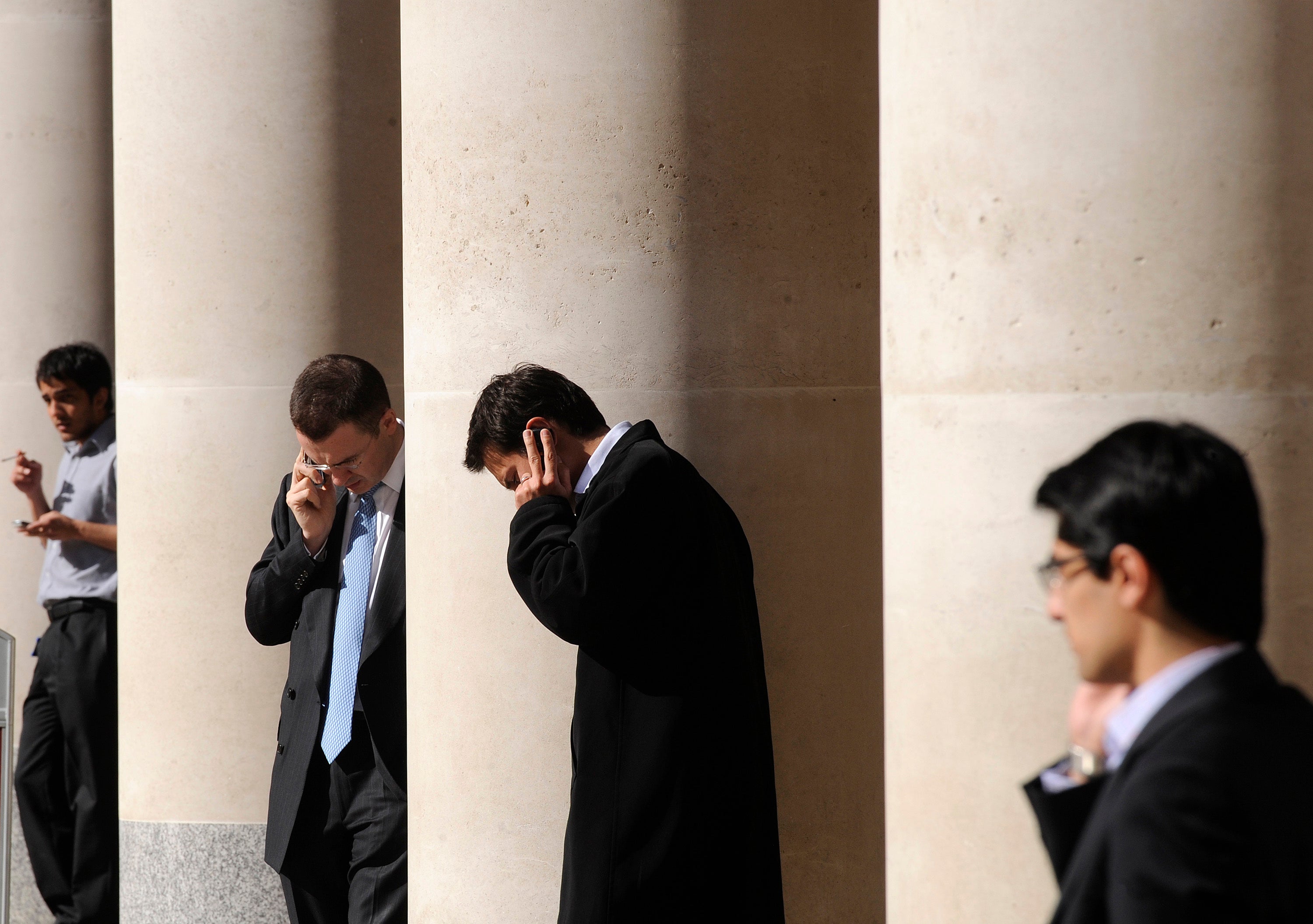Survey suggests half of Britons fear being without their mobile
Anxiety related to being out of mobile phone contact dubbed 'nomophobia'

A new study of mobile phone use in the UK has found that more than half of the population claim to suffer from ‘nomophobia’ – the fear of being out of mobile phone contact. This could include losing signal, running out of battery or losing sight of your phone.
The term is an abbreviation of ‘no mobile phone phobia’ and was first coined in the UK after a study by YouGov examined various anxieties related to mobile use.
This most recent survey, commissioned by security analysts AppRiver, also found that 42 per cent of respondents brought their phones to the beach with them on holiday, and that one in five used them to check their email in beds.
A quarter of those polled also checked texts and emails whilst out for dinner with a date, and that women were ten per cent more likely to do so than men. Similarly, women were 17 per cent more likely to be affected by nomophobia in general.
The study also highlighted the lack of interest customers take in their mobile’s security – despite the fact that our smartphones now tend to have as much access to private and sensitive information as our PCs and laptops do.
"It's pretty clear that we're a society totally reliant on our phones not only for personal use but business use too," said Fred Touchette, senior security analyst at AppRiver.
"What worries me is that, with so much information stored on them - confidential office documents, contact details, emails, photos and bank log-ins - when these devices get lost or stolen and end up in the wrong hands, the information is so easily exploited."
This suggests that fear of losing one's smartphone is not just an embodiment of modern neuroses involving a constant need for communication, but a more logical reaction, like losing one’s keys.
Read More: Compare providers and find the best deals with our Mobile Phone Deals page
Join our commenting forum
Join thought-provoking conversations, follow other Independent readers and see their replies
0Comments